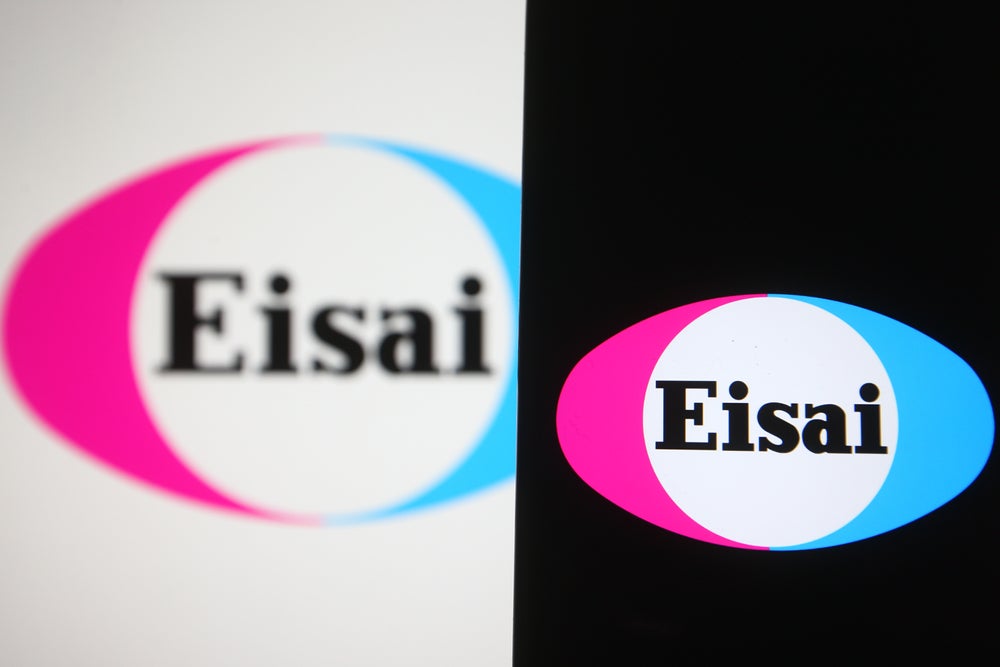Eisai has lowered the sales forecast for its Alzheimer’s drug Leqembi (lecanemab), primarily citing delays in revenue in the US.
The Japanese pharma expects its lead product co-developed with Biogen to generate $280m (Y42.5bn) in the second half of its 2024 fiscal year, down approximately $90m from the original $370m figure. Shares in the company opened 0.92% higher than the previous market close due to strong overall year-over-year revenue and gross profit, both up 103%.
Revealing the company’s Q2 results on 8 November, Eisai’s CEO Haruo Naito highlighted a delay in the progression of sales results in the US as a key factor for Leqembi’s adjusted forecast. Eisai expects a 153% sales growth of the drug in the US from the first half of the fiscal year to the next, compared to a 184% increase in Japan.
Leqembi’s launch in the US has been slow due to a variety of factors including regular infusion logistics and diagnosis constraints. Eisai estimates that 10,000 patients with Alzheimer’s disease are eligible for Leqembi, of which 4,000 have started treatment.
Eisai stated it is “making a certain level of progress” and “progressing with addressing current issues as well as initiatives to expand the near-future market.” This includes a monthly intravenous (IV) version of Leqembi which will be reviewed by the US Food and Drug Administration (FDA) early next year. Eisai previously said that the new formulation will make treatment easier and less burdensome.
In a statement to Pharmaceutical Technology, a company spokesperson said "[The] momentum continues to build for Leqembi week over week and we recognise the great potential for market expansion ahead".
Whilst not mentioning regulatory updates in the UK, Eisai’s forecast revision comes just a few months after Leqembi was deemed too expensive for use by the National Health Service (NHS). Though licensed for use in the country, England’s National Institute for Health and Care Excellence (NICE) said at the time the benefits of the treatment were too small to justify its cost. Eli Lilly met the same fate with its Leqembi rival Kisunla (donanemab), which was also rejected for NHS use last month. In another setback, Leqembi failed to win over the European Medicines Agency (EMA) in July this year after a committee recommended against the therapy’s approval.
Leqembi is a dual-acting monoclonal antibody designed to target and ablate amyloid beta aggregates that are a major driver of Alzheimer’s progression. Despite its rocky launch, GlobalData’s Pharma Intelligence Centre forecasts the treatment will make $4.2bn globally by 2030.
GlobalData is the parent company of Pharmaceutical Technology.
This article was updated on 11 November with a comment from Eisai received after publication.









